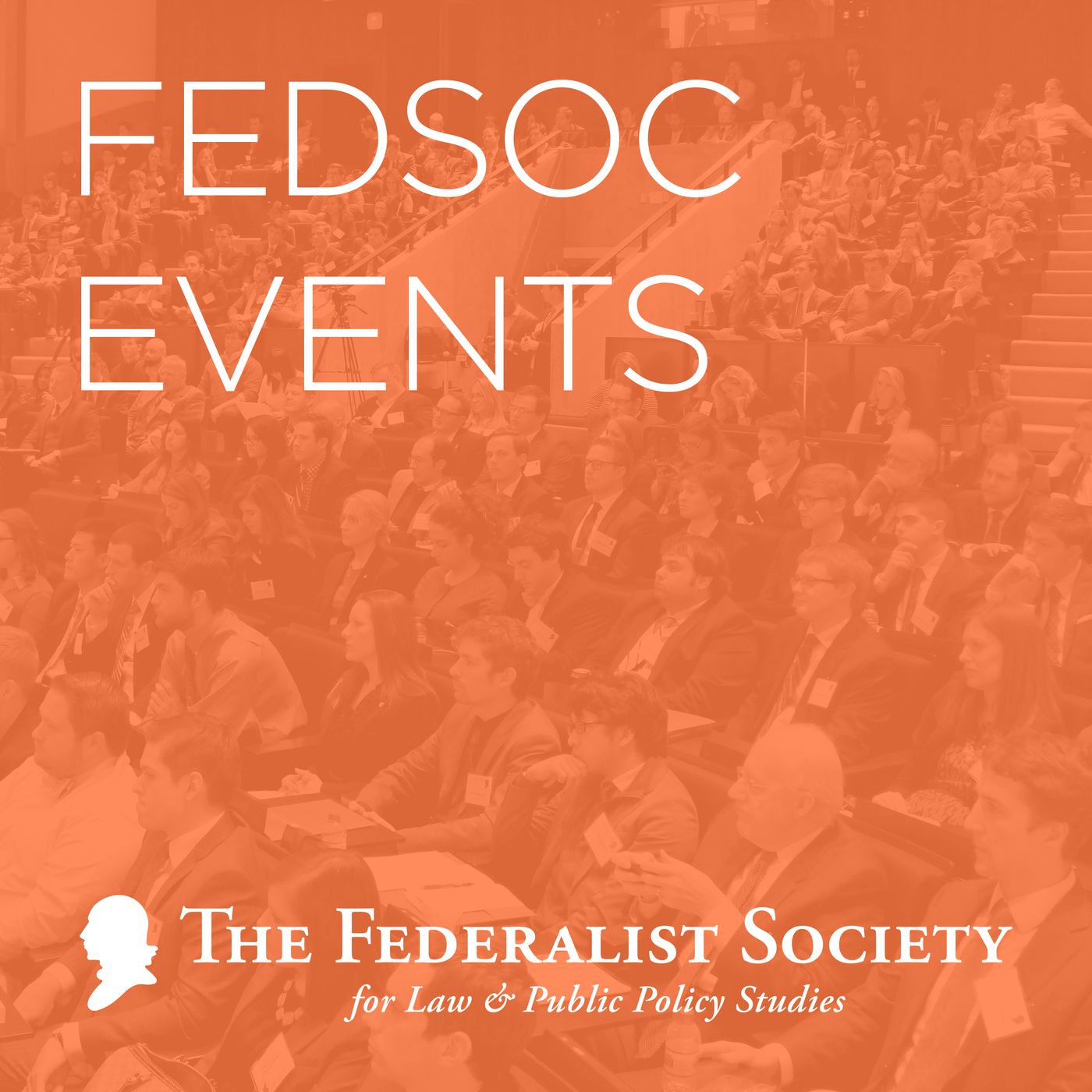- News
- Politics
- SEE MORE
- classical
- general
- talk
- News
- Family
- Bürgerfunk
- pop
- Islam
- soul
- jazz
- Comedy
- humor
- wissenschaft
- opera
- baroque
- gesellschaft
- theater
- Local
- alternative
- electro
- rock
- rap
- lifestyle
- Music
- como
- RNE
- ballads
- greek
- Buddhism
- deportes
- christian
- Technology
- piano
- djs
- Dance
- dutch
- flamenco
- social
- hope
- christian rock
- academia
- afrique
- Business
- musique
- ελληνική-μουσική
- religion
- World radio
- Zarzuela
- travel
- World
- NFL
- media
- Art
- public
- Sports
- Gospel
- st.
- baptist
- Leisure
- Kids & Family
- musical
- club
- Culture
- Health & Fitness
- True Crime
- Fiction
- children
- Society & Culture
- TV & Film
- gold
- kunst
- música
- gay
- Natural
- a
- francais
- bach
- economics
- kultur
- evangelical
- tech
- Opinion
- Government
- gaming
- College
- technik
- History
- Jesus
- Health
- movies
- radio
- services
- Church
- podcast
- Education
- international
- Transportation
- Other
- kids
- podcasts
- philadelphia
- Noticias
- love
- sport
- Salud
- film
- and
- 4chan
- Disco
- Stories
- fashion
- Arts
- interviews
- hardstyle
- entertainment
- humour
- medieval
- literature
- alma
- Cultura
- video
- TV
- Science
- en
Panel 1: The Original Understanding of Privileges or Immunities

b'On March 15-16, 2019, the Federalist Society\'s student chapter at the ASU Sandra Day O\'Connor College of Law hosted the 2019 National Student Symposium. The first panel discussed "The Original Understanding of \'Privileges of Immunities\'".
Scholars contest the original meaning of the Fourteenth Amendment. In 1873, the Supreme Court rejected a challenge to state economic regulations under the Privileges or Immunities Clause of the Fourteenth Amendment in the Slaughter-House Cases. Since then, the Privileges or Immunities Clause has been best known as a “practical nullity.” However, Justice Thomas provided a strong challenge to this interpretation in his McDonald v. City of Chicago concurrence.
This panel explores whether the Fourteenth Amendment was principally concerned with equality, guaranteeing fundamental rights, or both. If the Fourteenth Amendment does guarantee fundamental rights, does it merely incorporate the bill of rights against the states, or does it do more and provide protections for economic liberty? And was the Amendment intended to accomplish these purposes through a substantive notion of “due process” or through the Privileges or Immunities Clause? Is the fundamental-rights view inconsistent with judicial restraint? This panel will discuss these fundamental questions concerning the Fourteenth Amendment’s original meaning, and whether maintaining an expansive notion of substantive due process or resurrecting the Privileges or Immunities Clause would be an ill-conceived invitation to judicial activism.
Prof. Randy E. Barnett, Carmack Waterhouse Professor of Legal Theory, Georgetown Law
Prof. Kurt T. Lash, E. Claiborne Robins Distinguished Chair in Law, University of Richmond School of Law
Prof. Ilan Wurman, Visiting Assistant Professor, ASU Sandra Day O’Connor College of Law
Prof. Rebecca E. Zietlow, Charles W. Fornoff Professor of Law and Values, University of Toledo College of Law
Moderator: Judge Amul R. Thapar, United States Court of Appeals, Sixth Circuit
As always, the Federalist Society takes no position on particular legal or public policy issues; all expressions of opinion are those of the speakers.'